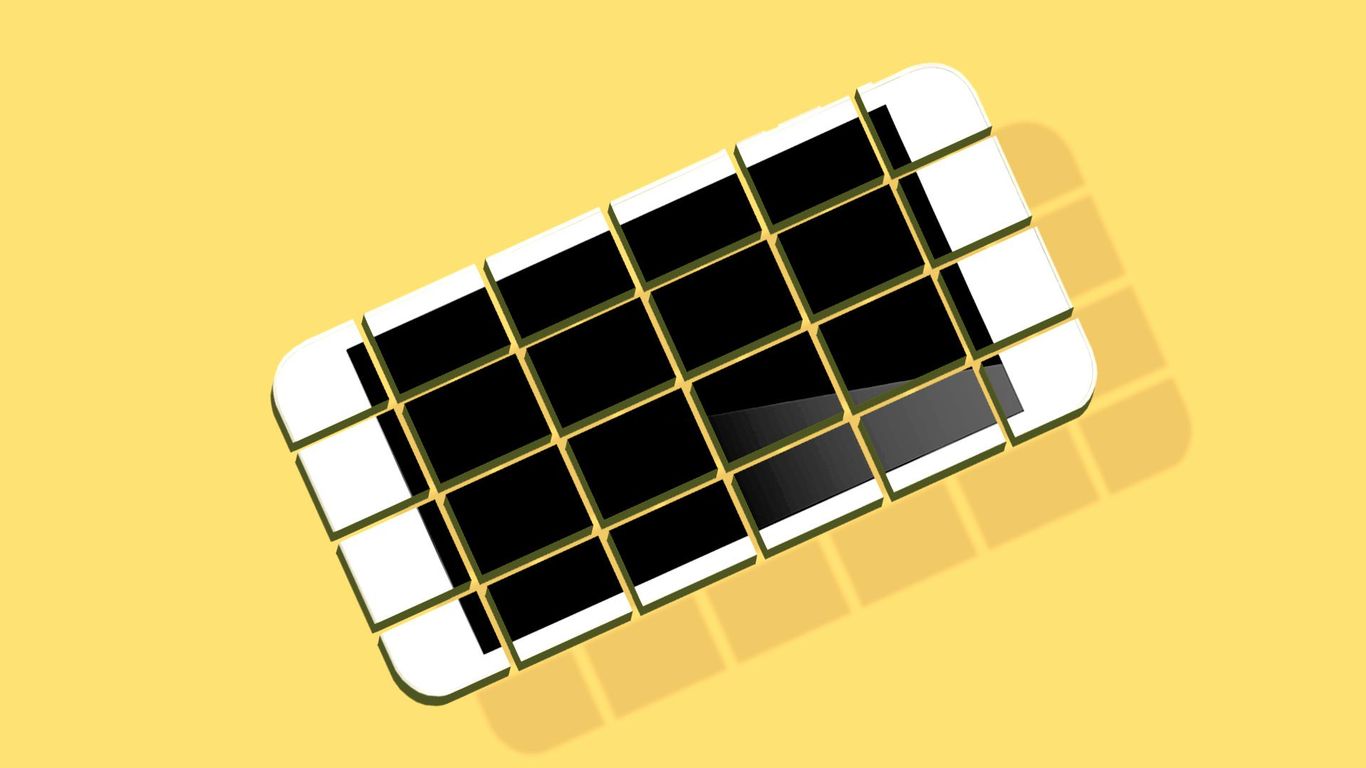
Even before tech firms are ready to ship the devices that will supplant the smartphone, they've begun breaking the phone into pieces.
Why it matters: Tech's giants are scrambling not only to figure out how the future fits together but to seize turf before new markets solidify.
How it works: Devices worn on the wrist, inside the ear and on the face can together replicate many of the smartphone's key features while allowing users to remain focused on the world around them.
- You can make calls on an Apple Watch, summon the Google Assistant from Pixel Buds and take pictures from the camera on Snap's Spectacles.
What they're saying: "Lots of little pieces that are in the phone are starting to have a life beyond the phone," said Andrew Bosworth, the longtime Facebook executive who heads Facebook Reality Labs and is working on a number of these devices. "It’s happening in plain sight. This isn’t a future thing; you can go buy these things today."
Put another way, the phone is good at lots of things. But often it's the device we use because it is the device we have.
- A camera on your face can actually be a lot less disruptive than reaching for your phone. And a device on the wrist is a lot better for gathering health data than one that is sometimes in your hands, sometimes in a pocket and sometimes in a bag.
The big picture: Augmented reality glasses are widely seen as the next big thing after the smartphone, but it will be years before companies can deliver a headset that anyone would want to wear that can match the power and battery life of a smartphone.
- In the interim, it makes sense to move some elements, such as display and image capture, to the glasses, while relying on devices elsewhere for additional computing power, display and input.
Between the lines: There's also a big business incentive for companies like Facebook, Amazon and Microsoft to want to move beyond the phone era: Apple and Google control the phone through their operating systems and app stores, limiting what other companies can do.
- "It’s the nature of any company to try to not be entirely at mercy of other competitors," Bosworth said.
Yes, but: The smartphone isn't going away. The laptop computer didn't make the desktop vanish, and the phone didn't do away with the laptop. IBM's mainframe business is still going strong,
- The smartphone itself can be a powerful aid to these other devices, offering its greater computing power and battery life to send data to other devices on the body.
Be smart: The transition will be complicated. There may not be a lot of fresh momentum behind the smartphone, but there is tons of inertia. Phones are powerful computers and produced on a scale that makes them affordable to much of the planet.
- The new devices are often more finicky, less versatile and have tradeoffs in terms of power and battery life.
- There are also legal and etiquette issues that have yet to be worked out, including norms around when and where these devices can record voice and video.
The bottom line: Tech is a game of bundle, unbundle, repeat.
- The smartphone became what it is by combining the functions of a host of other devices — telephone, camera, web browser, handheld games, music player — into one package.
- Now that process is moving in reverse.
Go deeper: How the wearable hardware battle is shaping up
"Smartphone" - Google News
July 02, 2021 at 04:30PM
https://ift.tt/3hpxZjb
Your smartphone is breaking up - Axios
"Smartphone" - Google News
https://ift.tt/2QXWyGT
https://ift.tt/2KSW0PQ
Bagikan Berita Ini














0 Response to "Your smartphone is breaking up - Axios"
Post a Comment